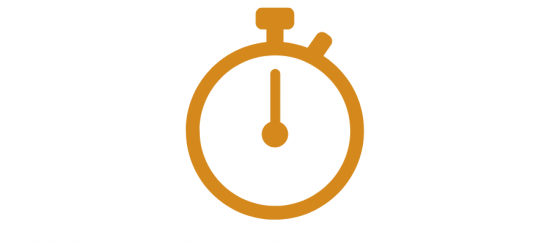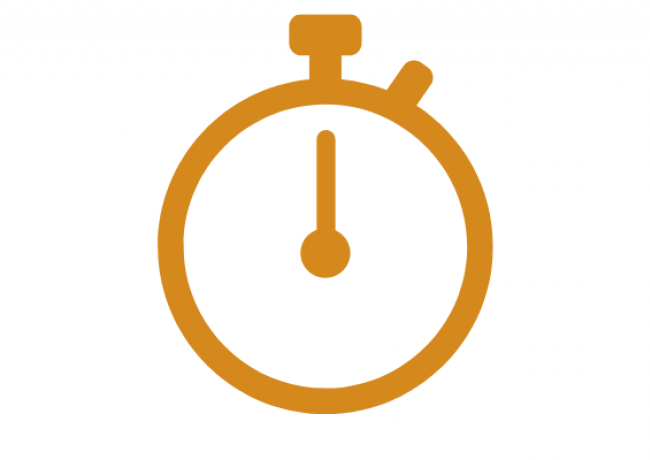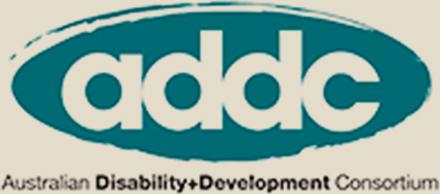Triple Zero Leprosy strategy
Our strategy Priorities

Towards Zero Leprosy Transmission

Towards Zero Leprosy Disability

Towards Zero Leprosy Discrimination
Zero Leprosy Transmission
By 2035 we want to see zero transmission of leprosy; we will do everything we can so that by 2035, children can be born without being at risk of leprosy because it is no longer being transmitted.
Around 200,000 people have been diagnosed with leprosy every year since the latter part of the 20th century and the introduction of Multi-Drug Therapy (MDT) treatment. The introduction of MDT saw a big drop in the number of new cases of leprosy diagnosed each year, but that drop in numbers has levelled out due to limited government ownership and declining leprosy expertise.
We're determined to bring the number of new cases down so that it reaches zero by 2035.
There are 704 leprosy endemic districts in the countries where The Leprosy Mission works. To interrupt transmission, it is vital that we target these endemic districts and adopt an approach that combines multiple tactics. This requires us to work in partnership to conduct active case finding, contact tracing, targeted community awareness-raising, and more. Government ownership to detect and provide treatment is also required to ensure the breadth of reach needed; we, therefore, provide our technical support and identify ways to promote health system integration where possible.
We have a leading role to play in tackling the decline of leprosy expertise and will identify ways to do this, including utilising new technology options for supporting primary and secondary healthcare workers. TLM also has a strong record in leprosy research. We will utilise our field presence to develop, investigate and trial research innovations related to understanding and reducing transmission, early diagnosis, monitoring relapse and anti-microbial resistance.

Towards Zero Leprosy Disability
Disability is not an inevitable consequence of leprosy, but people continue to be affected by it. In fact, leprosy is the world's leading cause of preventable disability. Limited government ownership of leprosy care, complications management, and prevention of disability services is compounded by declining leprosy expertise. This means that people are not getting the support they need in order to prevent and care for leprosy-related disabilities.
We know that, in recent years rehabilitation has been neglected within the leprosy sector and there has always been inadequate attention to inner wellbeing issues. This has to change.
One of The Leprosy Mission's strengths is our experience in providing disability-related services (both in hospitals and in the community) and in supporting community-based rehabilitation and home-based self-care. We support governments and other health partners in ensuring that neuritis and reactions are detected early and managed properly and that people affected by leprosy have access to services for leprosy complications (such as ulcer care, eye care, and reconstructive surgery). We work at the community level to promote models of self-care that empower people to manage their impairments.
Mental illness, especially depression, is among the leading cause of ill health and disability worldwide. For people affected by leprosy, the probability and impact of facing a mental health problem is high, which is why we are determined to increase our ability to know what to look for, how to support, and where to refer them for professional help.

Towards Zero Discrimination
There are 38 countries that still have legislation that discriminates against people affected by leprosy. People affected by leprosy are still routinely overlooked, ignored, or prevented from participation in public, social, economic, and cultural life. They also too often feel shame and isolate themselves due to self-stigma.
This discrimination is founded on incorrect and outdated beliefs about leprosy which foster fear in communities. We have a responsibility to educate communities, so they have the truth about leprosy. We have seen time and again that this education can transform perceptions of the disease and allow persons affected by leprosy to access their human rights.
It is an injustice that people affected by leprosy are so unnecessarily excluded from society. Our work on inclusion is based on the following rights for people affected by leprosy:
- The right to have an identity
- The right to be heard
- The right to dignity
- The right to a sustainable livelihood
- The right to essential education and health services
- The right to participate in political life.
These are grounded in our commitment to the Universal Declaration of Human Rights and we will strive for these to be a reality. We will support people affected by leprosy to challenge injustice and self-advocate for their rights and entitlements. Together we will target discriminatory laws and official practice, while encouraging nation-states to uphold the relevant international treaties, especially the UN Convention on the Rights of Persons with Disabilities, as well as the UN's Principles and Guidelines for the Elimination of Discrimination against Persons Affected by Leprosy and Their Family Members.
We know from what people affected by leprosy tell us that when they can bring resources into the household economy, their standing in the family and wider community increases, and their voice begins to be heard. We will promote opportunities to earn a sustainable living and we will work with communities to address the barriers that prevent this from happening.





